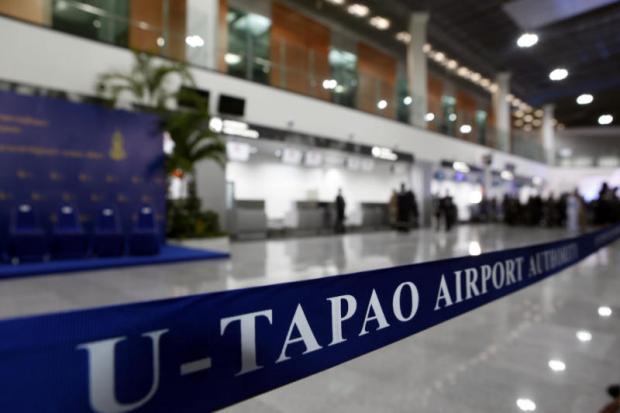Thailand: Section 44 to fire up EEC development
The government agreed yesterday to invoke the powerful Section 44 of the interim charter to speed up investment in the much-touted Eastern Economic Corridor (EEC), unlocking limits and streamlining procedures regarding environmental impact assessments (EIAs) and the public-private partnership (PPP) model.
Sansern Kaewkamnerd, a government spokesman, said using Section 44 to facilitate EEC investment was approved by the National Council for Peace and Order and acknowledged by the cabinet yesterday.
Mr Sansern said Section 44 will be applied over the next few days to shorten the EIA process for key investment projects at the EEC from two years to one, while the PPP process will be cut from 15-20 months to 8-9.
The National Environment Commission will be tasked with setting up a working committee which includes both foreign and domestic experts to vet the EIA report.
Regarding the PPP process, Mr Sansern said Section 44 will only be applicable to urgent development projects like the 200-billion-baht U-tapao airport expansion; the 158-billion-baht Bangkok-Rayong high-speed train; the 88-billion-baht third phase of the Laem Chabang deep-sea port; and the 64.3-billion-baht double-track rail link between the three deep-sea ports of Bangkok, Laem Chabang and Map Ta Phut.
He said via Section 44, the government will also allow foreigners to hold more than a 50% share in an aviation maintenance centre covering 6,500 rai at U-tapao airport.
Earlier in April, the government similarly evoked Section 44 to allow international schools to open branches in the EEC without falling under the auspices of the Private Higher Education Institute Act and related rules and regulations of the Education Ministry. International educational institutes are considered instrumental to kick-starting the government’s desired educational reforms and strengthening Thailand’s competitiveness, as well as its research and development sector.
Foreign educational institutes will also be entitled to promotional privileges from the Board of Investment.
But Section 44 requires an education development committee chaired by Prime Minister Prayut Chan-o-cha be established to supervise the quality of the international educational institutes.
Mr Sansern said the cabinet yesterday also approved in principle the second draft bill on EEC development, which will later be submitted for reading to the Council of State. The first draft was approved by the cabinet last October.
Kalin Sarasin, chairman of Thai Chamber of Commerce, said he agreed with the government’s invocation of Section 44 to rev up development of the EEC. He said that the relevant provinces — Rayong, Chon Buri and Chachoengsao — are each still working independently on the project as their agendas entail specific development plans.
Mr Kalin said the government needed to speed up efforts to tackle issues related to rules and regulations regarding city planning and the EIA process, but noted that a clear action plan is also needed for each development project.
Chen Namchaisiri, chairman of the Federation of Thai Industries, said the business sector itself was reluctant to comment on whether it is appropriate for the government to use Section 44 as a special tool to rev up investment in the EEC, saying they have yet to see a clear plan on how invoking it will have the desired result.
The issue investors care the most about is legal succinctness and clarity, he said.
“Whether you use Section 44 or the EEC law, everything should be written in a clear, transparent and succinct way to gain investors’ confidence,” said Mr Chen.
Source: http://www.bangkokpost.com/business/news/1255110/section-44-to-fire-up-eec-development


 Thailand
Thailand




